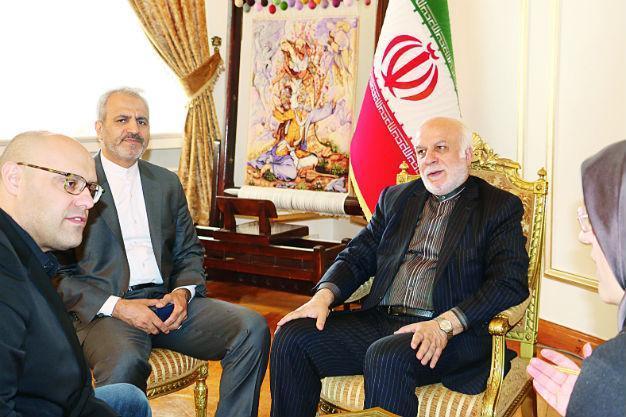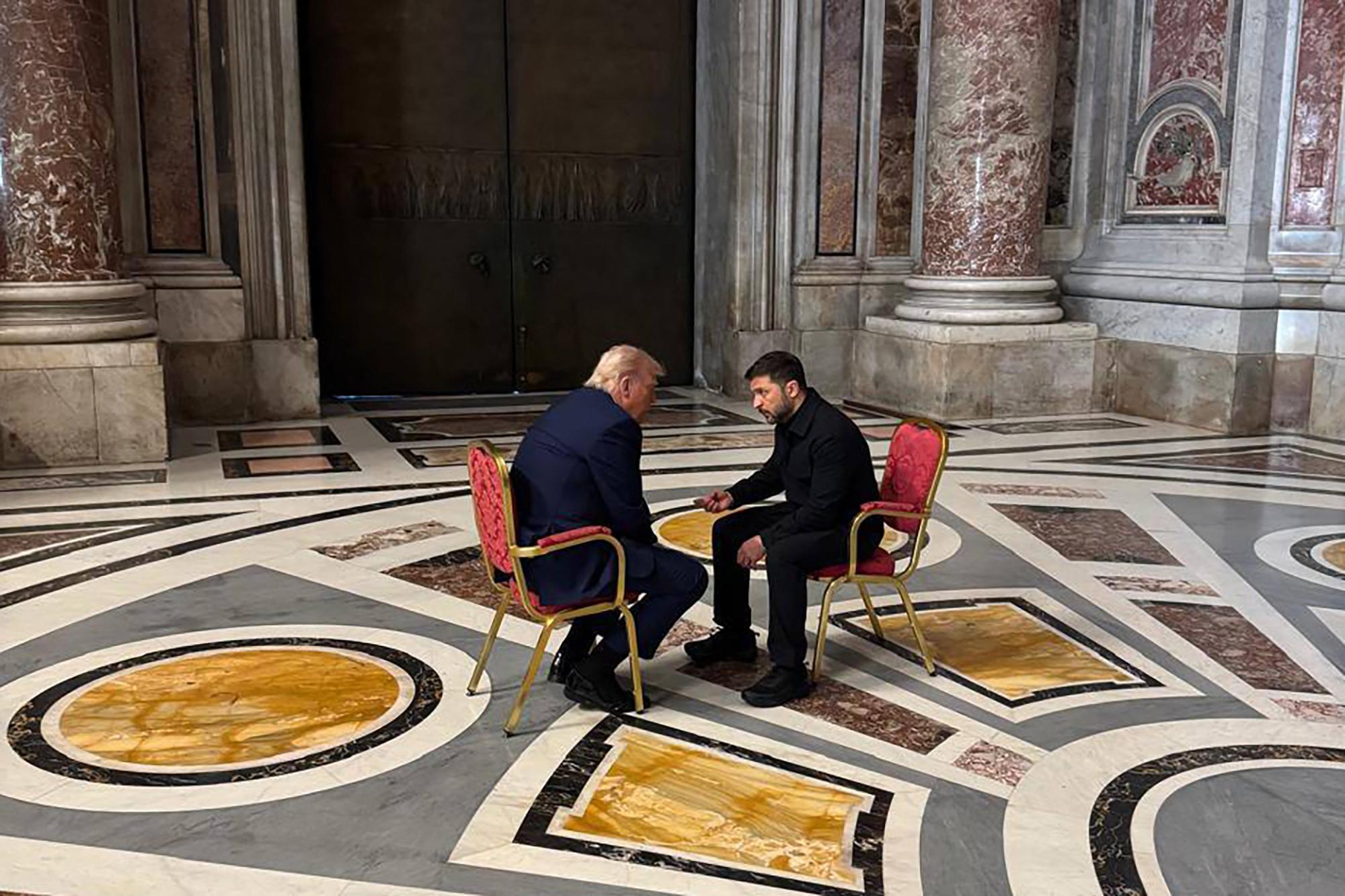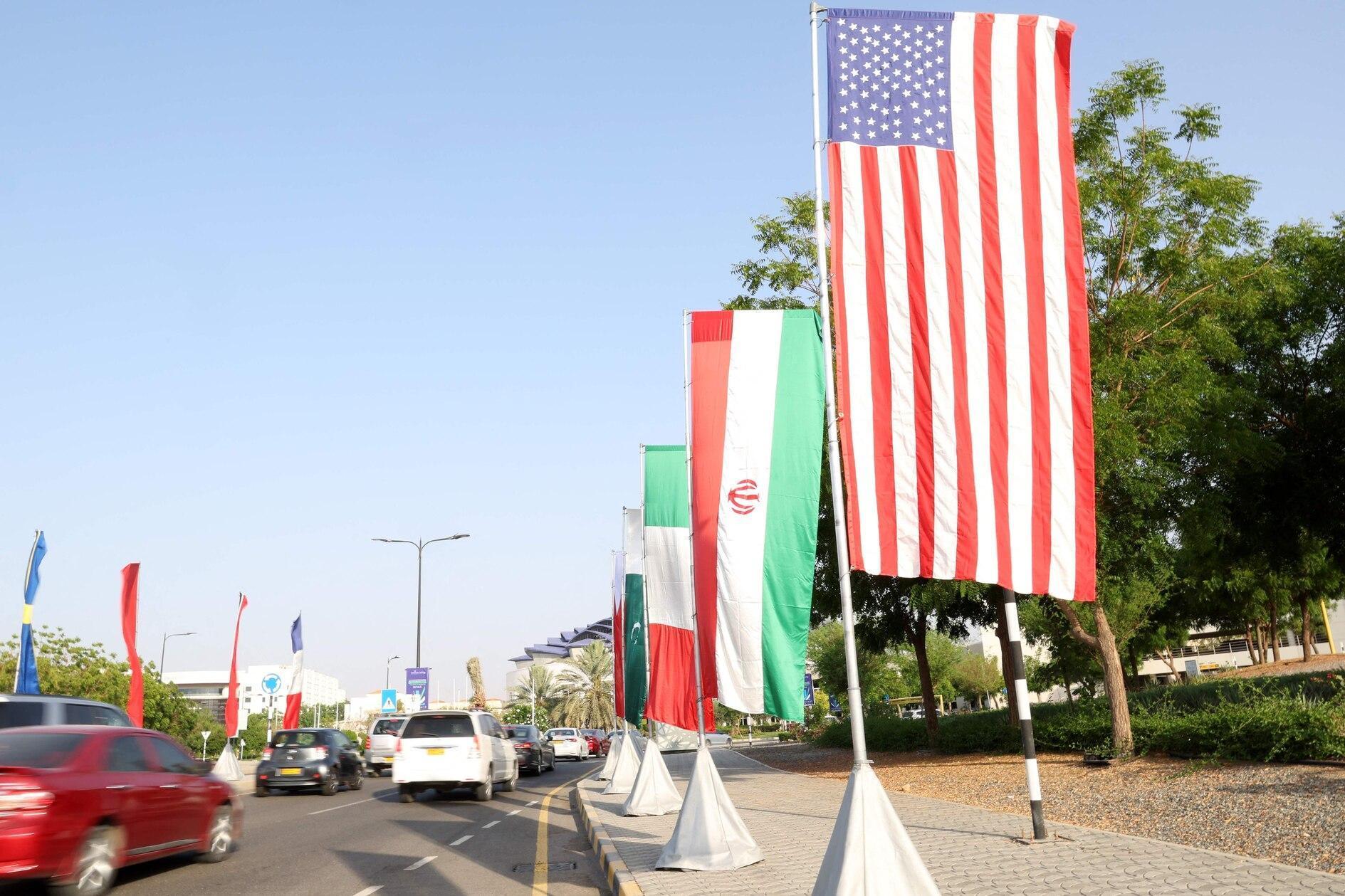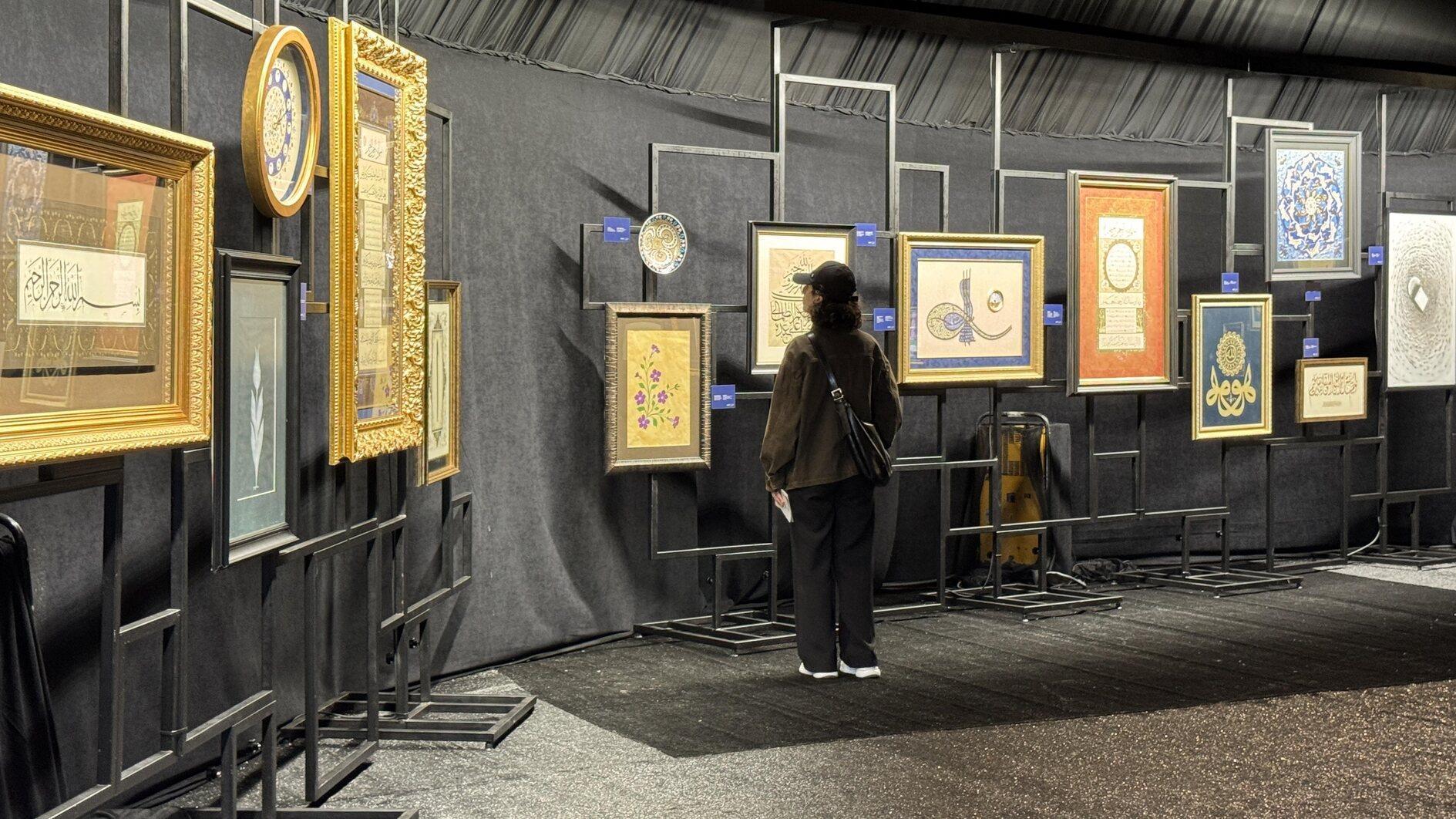Iran urges Turkey over growing ties with Saudi Arabia
Serkan Demirtaş - ANKARA
 Iran has warned Turkey over its growing relationship with Saudi Arabia, as it described Riyadh as one of the losing countries in the region because of its wrong policies in the Middle East. “I believe Saudi Arabia has been left alone in its wrong move.
Iran has warned Turkey over its growing relationship with Saudi Arabia, as it described Riyadh as one of the losing countries in the region because of its wrong policies in the Middle East. “I believe Saudi Arabia has been left alone in its wrong move. That’s what we tell our Turkish friends: Be cautious! Do not bet on the loser,” Deputy FM Ibrahim Rahmanpour said Feb. 10.
Rahmanpour held talks with senior Turkish Foreign Ministry officials in a bid to discuss both bilateral and regional issues with particular emphasis on Syria.
Turkey and Iran are completely on different pages on Syria as the former has further aligned its policies with oil-rich Gulf countries and Saudi Arabia and even boosted military ties. “We are not concerned about Turkey,” Rahmanpour told the Hürriyet Daily News. “I am sure that Turkey takes the Iranian stance and interests into account while undertaking such initiatives. But we should wait and see whether this cooperation [between Turkey and Saudi Arabia] will be really put in place or whether they are only news stories.”
Saudi deployment to Syria not likely
Another assertion that has been preoccupying the international media is the possible deployment of Saudi ground forces into Syria via Turkish territory. Recalling that almost all parts of the Turkish-Syrian border had been sealed, Rahmanpour said this was a very weak possibility.
“Saudi deployment to Syria is purely propaganda and show. They have no such military force. They can only send paid foreign soldiers as they have long been doing. It seems these terrorist forces in Syria have been weakened and are seeking to escape to Libya. This statement of Saudi Arabia is just to create an expectation among these fighters and not to leave Syria,” he said.
Syria more complicated now
Although Turkey and Iran think differently on Syria, they have never cut communication channels, the Iranian diplomat said. “Our vision on Turkey is different from Saudi Arabia’s vision on Turkey. Syria has become more complicated in 2015 as more actors have entered the stage. Therefore, there is not just Turkey and Iran.”
The Iranian miracle in resolving the nuclear problem through negotiations with the P5+1 countries could be used as a model in dealing with the Syrian issue, he also said. “We should let our diplomats deal with this issue and not our soldiers.”
Leaders should be careful in statements
On the Turkish leadership’s criticisms that Iran has been pursuing sectarian policies in the region, Rahmanpour said it was in fact Saudi Arabia that was implementing such sectarian moves in the region. “The press is free; criticisms can take place in the press. But what we emphasize is the need for more careful statement by leaders. And that they should not deepen differences by public statements,” he said.
Syria invited Iranian troops
The Iranian deployment of troops in Syria occurred due to an invitation from Damascus, Rahmanpour said, answering a question on the presence of some high-level Iranian military officials in Syria, like Gen. Qasem Soleimani.
“Look, Saudi Arabia deployed troops to Bahrain and used military force in Yemen. Did you hear any criticisms about these? And if Bashar al-Assad wants military advisory assistance from Iran, would that be a violation of international norms? We are not without permission just like some other countries that are conducting military operations,” he said.
Iran against Kurdish state
The Iranian diplomat also responded to another question on how Tehran would see the establishment of an independent Kurdish state in line with Iraqi Kurdistan Regional Government leader Masoud Barzani’s recent statement.
“Kurds are our historical friends. And we want them to continue their existence in prosperity and happiness within the states they live in. Our region is not strong enough to bear new crises. We hope Kurds in other countries will enjoy full citizenship rights as Kurds in Iran do. And if we defend the territorial integrity of Turkey and Iran, we do the same for Iraq and Syria as well.”
















